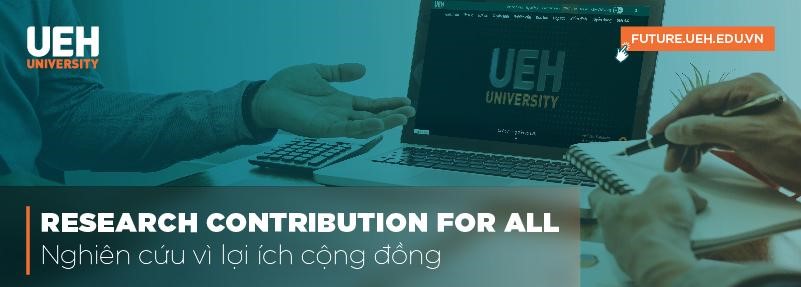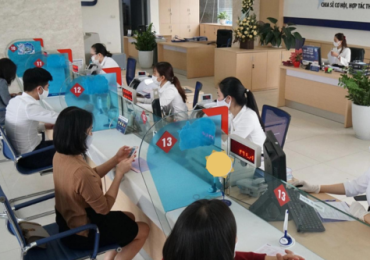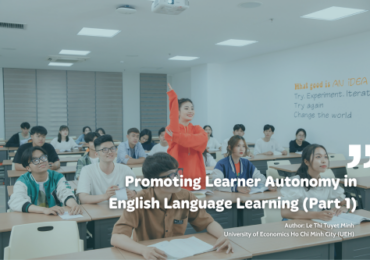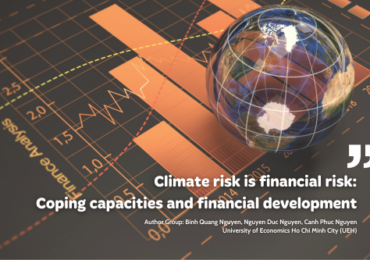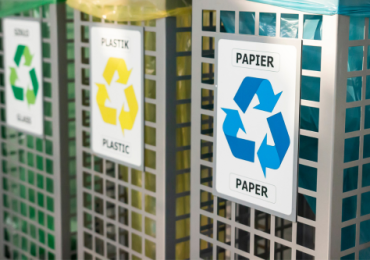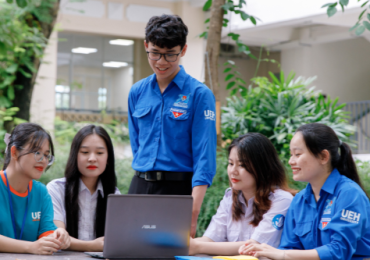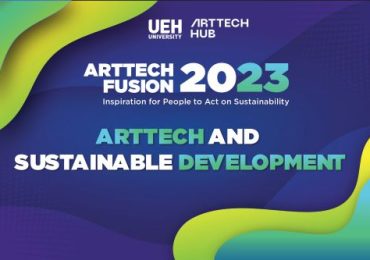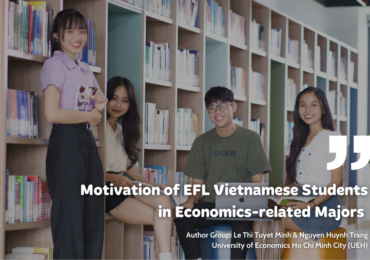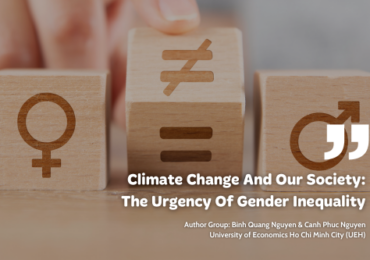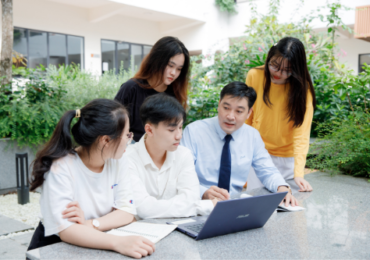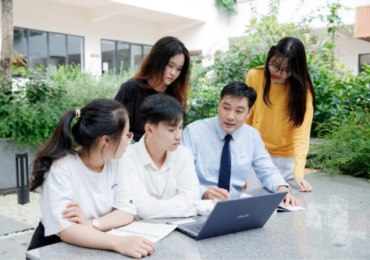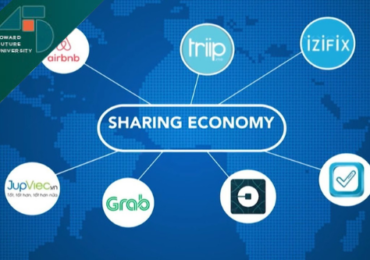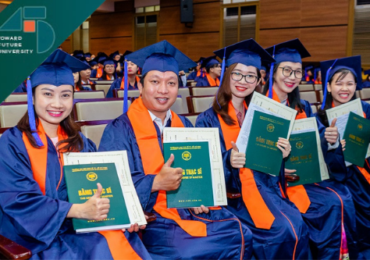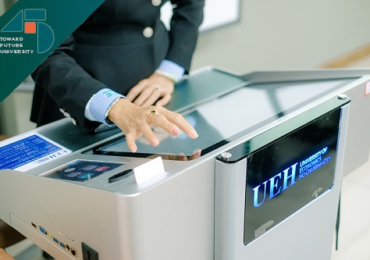Blended Learning and Hybrid Study Method at University of Economics Ho Chi Minh City
15 February, 2022
In recent years, along with the development of comprehensive education worldwide as well as the impact of the COVID-19 pandemic, teaching methods have undergone a drastic change. In Vietnam, the process of transforming teaching methods has also taken place drastically in educational institutions, including the University of Economics Ho Chi Minh City (UEH). In that wave of innovation in teaching methods, blended learning, currently, is considered an optimal method and brings the highest teaching effectiveness with a synchronous combination of teaching models (face-to-face and online), providing learners with effective and wonderful learning experiences.
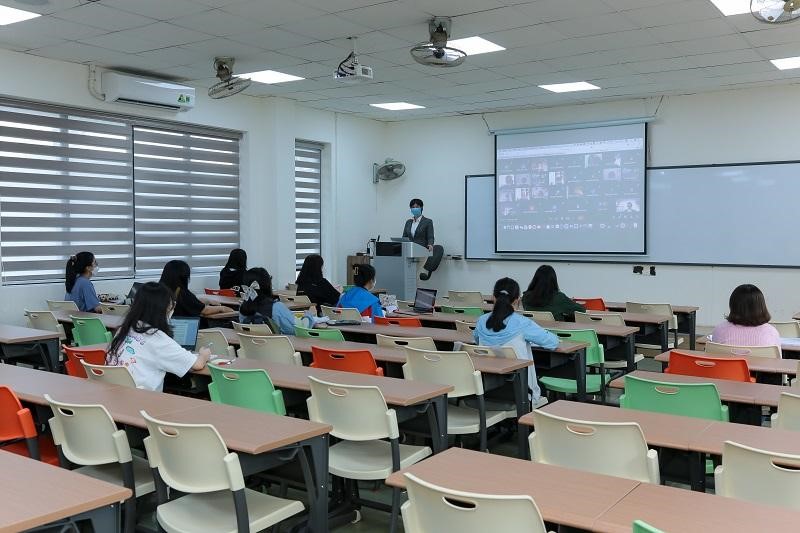
Nevertheless, it must be stated that the conversion from teaching methods to Blended Learning methods requires a process of serious research, careful preparation and intensive investment in various aspects by building learning materials. Multimedia in this method is mandatory, obvious and indispensable. Moreover, please be aware that the characteristic of Blended Learning is the combination of traditional learning methods and online learning; therefore, it is necessary to have an arrangement and division from content to subject duration in order to help students learn more effectively. These two methods can complement in the form of synchronous and asynchronous and maximize learning effectiveness.’
At UEH, although Blended Learning has not been completely implemented in training programs, since 2016, the option towards the course duration comprising 30% online and 70% offline has been applied through teaching in collaboration with Learning Management System (LMS). Following this direction, UEH has piloted the compilation of a number of subjects in accordance with Blended Learning method from mid-2021. In order to make this transition to Blended Learning to be effective, it is necessary to comply with some certain requirements as follows:
Activating learners’ learning activities
Introducing the principle of active learning means the process of organizing and leading for learners to learn knowledge on their own; concurrently, creating conditions and opportunities for learners to discover and solve problems on the basis of self-discipline and initiative. This principle is characterized by three basic ideological aspects as follows: First, promoting humanity in education through acknowledging and respecting the individuality, goals, interests and individuality of learners. Second, promoting learners’ dynamism through promoting learners’ participation in self-awareness, self-development, self-realization, self-examination and assessment activities so that learners can finally get a foundation in creative thinking, training learners to think independently. Third, improving teachers/lecturers’ guiding and leading role in stimulating and facilitating the potential development of each student besides concretizing the tasks of designing, coordinating and formalizing training programs and so on.
Taking advantage of online learning combined with face-to-face learning to build a program with equivalent output standards
Online learning is a form of learning with many significant advantages as follows: saving time and costs to personalizing the route, learning goals as well as mastering the learning pace. It can be asserted that this model has only one drawback, which is not high interactivity. However, the disadvantage of online learning implies the advantage of face-to-face learning as well as the characteristic and advantage of the combined training method. Therefore, towards the effectiveness of this conversion process, it is necessary to uphold the principle of taking advantage of online learning combined with face-to-face learning, aiming for a training program in a combination with equivalent output standards.
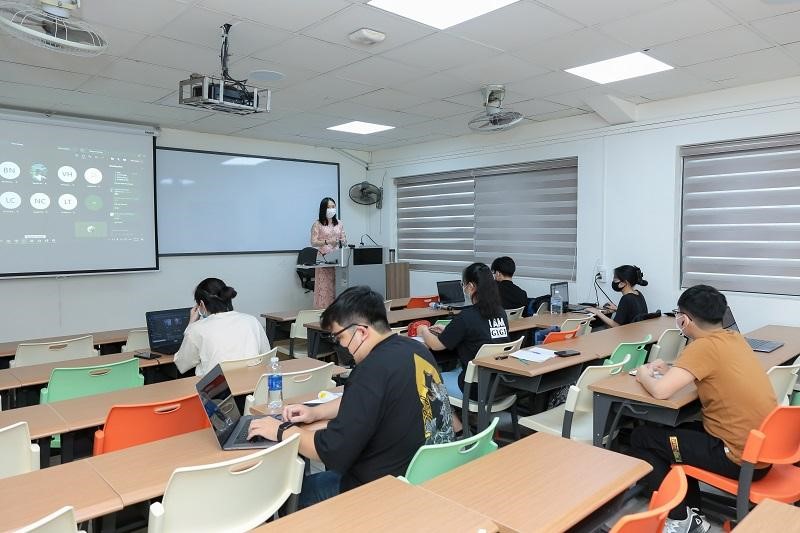
Classes in the form of face-to-face combined online format at UEH
Combining learning activities with appropriate assessment methods
Evaluating student results is an indispensable step in the training program development process because result assessment shows not only learners’ capacity but also the performance of teachers and teaching methods. Therefore, it is necessary to build on the principle of combining learning activities with appropriate assessment methods to be able to both deploy and control the implementation process.
In terms of teachers’/lecturers’ activities
It is crucial to develop scenarios for online activities for students: To prepare content to put into LMS system listed as: detailed course outline, books (textbook), reference materials (book, audio, video and so on), slides/lectures in accordance with E-learning standards and the system of online assessment exercises; To define and design the entire course content in the LMS environment as well as all exchange activities, online lectures, online monitoring of students’ activities, grading – feedback to students, statistics – evaluation of student activities.
Whether the learning method is direct (Face-to-Face), indirect (eLearning) or coordinated (Blended), the method of knowledge transmission must be designed in accordance with its nature. In other words, in terms of direct method, teachers and learners are required to be present at the lecture hall at all sessions; in terms of indirect method, learners can be anywhere and at any time with the support of electronic devices (desktop computers, laptops, tablets, smart phones and so on) with Internet connection; in terms of coordinated method, teachers and learners will have face-to-face sessions and online lessons based on the design of the course outline.
Therefore, the Hybrid teaching method that UEH has applied in the first three weeks of the 1st semester of 2022 is Blended. The answer is NO as it simply aims to adapt to the complicated situation of the Covid-19 epidemic in many localities, both to meet the teaching-and-learning conditions of students, lecturers and teachers in the most flexible and appropriate way. Accordingly, lecturers will come to the classroom to teach with the support of smart teaching devices and learners can choose to study in class or learn remotely depending on their needs and satisfying the following personal health requirements that UEH requires upon learners’ coming to class with their teacher. In other words, hybrid is just the way we teach-and-learn at home or in the classroom. It is not a blended learning method as described above.
It can be stated that the fact that UEH has decided to introduce this method in the current conditions is completely appropriate and has received a lot of positive feedback from both lecturers and students. “I am very happy because more than 20% of the students of my class come to study directly, everyone was very excited; at the beginning of the lesson, they shared that they also wanted to go to school offline again. Most of the students at home also confirmed that after Tet, they will return to study directly. In terms of facilities, everything is very comfortable, both lecturers and students adapt quickly. In terms of safety, as soon as we arrived at school, everyone had to declare and have their temperature measured. Students are advised to practice distance in the classroom. I myself felt rather safe and secure.” – Ms. Hoang Thi My Duyen, a Lecturer of UEH Faculty of International Business – Marketing shared her personal opinion.
“I feel very happy to be able to go back to school directly, after about 3-4 months of vacation, we can interact directly again. Entering the school also feels safe because everyone has been vaccinated with their temperature checked and access control is thorough.” is what Hồ Việt Minh Trí, a student of Course 45 of CQU stated his viewpoint.
Sharing the same eagerness to return to school, Liên Nhật Nam, a student of Class 46 of CQU, revealed that: “I am totally happy to be back to face-to-face learning and seeing my friends again. Besides, I personally find that face-to-face learning makes me more interested in learning and interacting with teachers and students in the class. I think this semester with face-to-face learning will help me get better results compare to that of the online semester.”
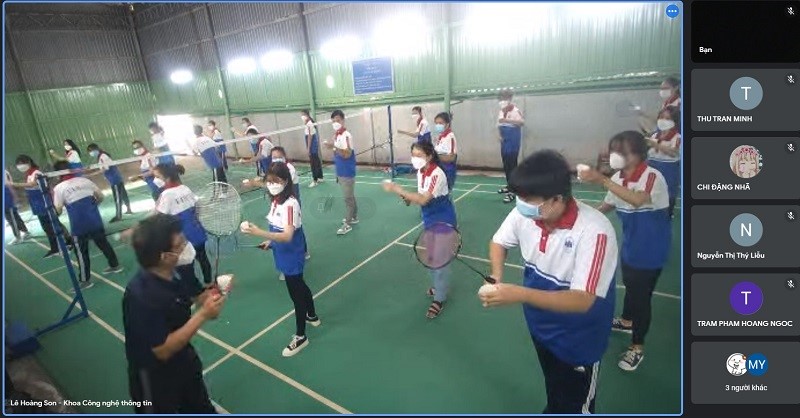
Students studying Physical Education in Hybrid Class Form at UEH – Vinh Long Branch
Teaching and learning in this 4.0 Revolution era requires training institutions, teachers, learners and support departments to have many changes to adapt. In this context, applying information technology to online training becomes an inevitable part of training activities. Domestic and international competitive pressure in education is also increasingly strong and drastic. Higher education has been, is, and will be profoundly changed in various aspects like the educational environment, the role of the teacher, the responsibility of the learner to the subject approach and so on. Since then, it is essential for education to become an ecosystem where everyone can learn together anytime, anywhere with connected devices.
Please refer to the full research “Digital transformation in education: Blended Learning at University of Economics Ho Chi Minh City” here. Author group consists of: Dr. Đinh Tiên Minh, MSc. Võ Hà Quang Định, UEH School of Business.
This writing is in Series spreading research and applied knowledge from UEH with the following message in 2022 “Research Contribution For All – Research for the Community”, UEH would like to invite Distinguished readers to look forward to Newsletter ECONOMICS NO #28 “The Role of Universities, Research Institutes in Digital Transformation Towards Intelligent Urban in Việt Nam”.
News, Photos: Author group, UEH Department of Marketing – Communication.
